Greece has been pushed a step closer to default and potential exit from the euro after one of its main lenders, the International Monetary Fund, all but ruled out allowing the cash-strapped country to delay repaying the €1bn (£722m) due next month.
The head of the IMF, Christine Lagarde, said delaying the payments would be an unprecedented action that would only make the situation worse.
Speaking at the organisation’s spring meeting, she said: “Payment delays have not been granted by the board of the IMF in the last 30 years.”
Her intervention is likely to heighten fears that senior policymakers in the US and Europe are preparing for Greece to leave the eurozone.
She said that delays had “been granted to a couple of developing countries ... and that was not followed by very productive results”.
The IMF is a rules-based institution, Lagarde said. While all options were available, she added: “It’s clearly not a course of action that could be recommended in the current situation.”
Her comments followed a report that the Greek finance minister, Yanis Varoufakis, had sounded out the IMF over whether Athens could ask for a delay on the payments it is struggling to afford. The scramble to get the funds together could leave Athens unable to meet pensions and welfare payments at the end of May.
The report in the Financial Times said that Varoufakis was rebuffed after he made an “informal approach” to discuss the issue.
Greece vigorously denied asking for leniency from the Washington-based lender of last resort. A spokesman for Varoufakis described the story as “lies”.
Greece owes money to the IMF, the European Central Bank and the EU following its two bailouts in 2010 and 2012. Athens is waiting for the final €7.2bn payment under the second rescue package, but it has been held up after the new radical leftwing-led government scrapped previous commitments to privatise state assets and cut welfare.
Should a deal be reached on a new package of reforms it is understood that eurozone finance ministers would sign off a more lenient schedule that would cut the interest rate on the loans and delay the bulk of Athens’ repayments beyond 2030, in return for clear commitments to create a more sustainable public budget.
Varoufakis is due to meet eurozone finance ministers next week. However, his German counterpart, Wolfgang Schäuble, has already ruled out a new deal, saying there is not enough detail concerning a new package for a decision to go ahead.
A meeting next month is also expected to reach an impasse without a significant shift in the Greek position. Until now, Athens has resisted demands from Brussels for a more detailed reform package.
IMF officials have also said repayments can only be rescheduled as part of a renegotiated new bailout programme.
Lagarde said: “Our advice to the Greek government is to get on with the work of improving the short and medium-term economic prospects. We want to restore the stability of the Greek economy and I hope everyone involved can continue the work at a faster pace.”
She urged the government to tackle the Greek pension system, which she described as “unsustainable”. Lagarde, who is a former French finance minister, said the tax system also needed to be overhauled.
Varoufakis said later that it was his intention to win a new deal with the country’s lenders in June. He has already identified the pension and tax systems for an overhaul and has asked for time to develop plans while still receiving bailout funds.
“We want our European partners to meet us not half way but a fifth of the way. To talk about Grexit is to invite the kind of trouble that no one knows where it will lead.”
He added: “We wish to merge the current review with the June agreement.”
If Greece was unable to pay the IMF and is forced to default on payments to public sector staff, pensioners and welfare recipients, economists have speculated it may be forced to introduce capital controls to prevent a flight of funds out of the country.
There is increasing speculation that unless Athens puts together a detailed reform agenda, the country will be allowed to leave the euro and bring back the drachma.
Olivier Blanchard, the IMF’s chief economist, appeared to pave the way for an exit when he said earlier this week that the eurozone without Greece was possible, saying that for the rest of the 19-member currency bloc it “would not be smooth sailing, but it could probably be done”.
Analysts at the consultancy IHS Global Insight said the risk of an exit was increasing by the day. “Without the disbursement of official funds by early May, Greece will struggle to avoid a default. Although a default would not necessarily mean that Greece would leave the eurozone, it could precipitate a series of events that could leave the Syriza-led government with little option but to start printing its own currency.”
- This article was amended on 17 April 2015 to correct the figure for the pound sterling equivalent of €1bn
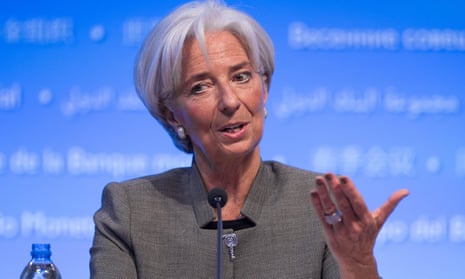
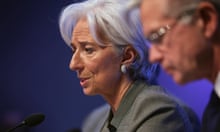

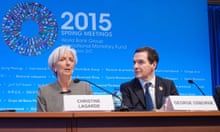

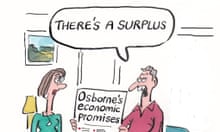

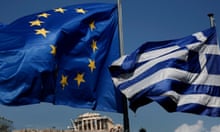
Comments (…)
Sign in or create your Guardian account to join the discussion